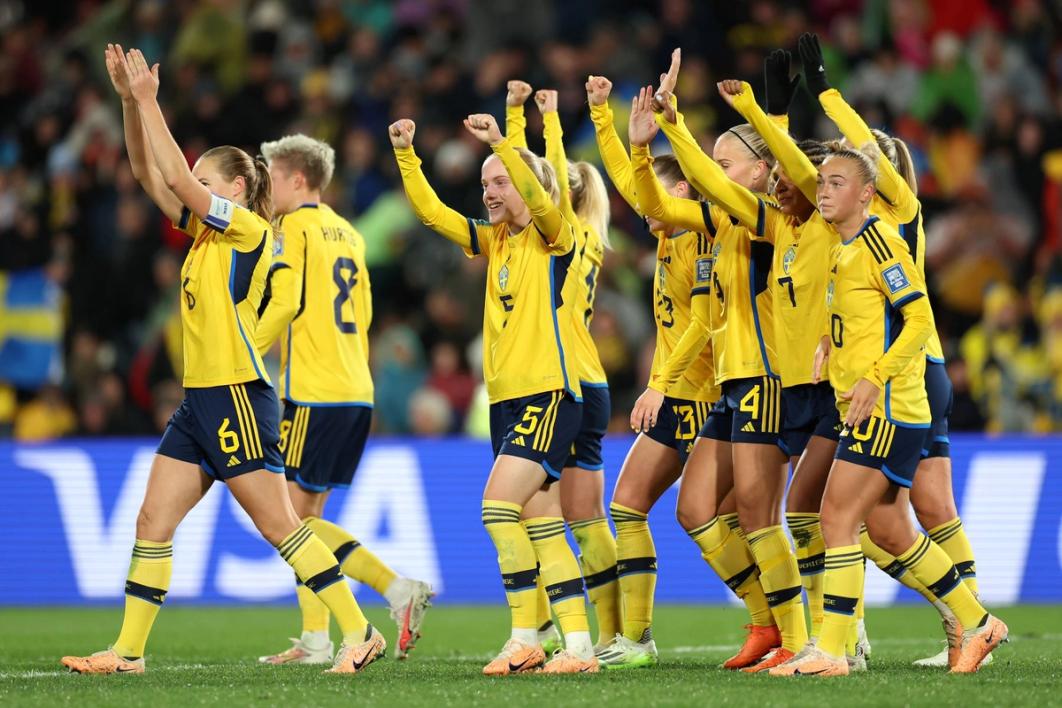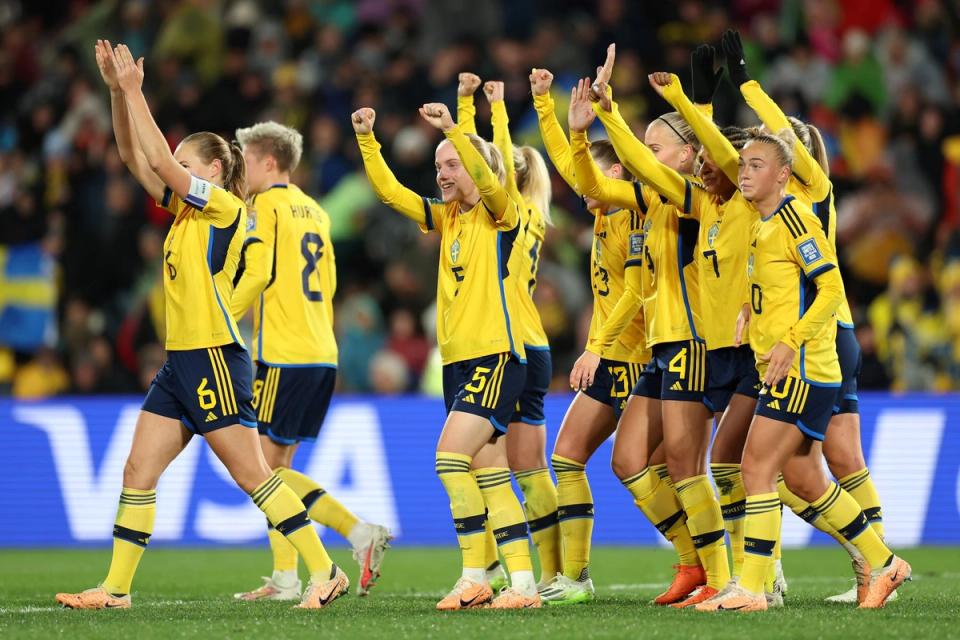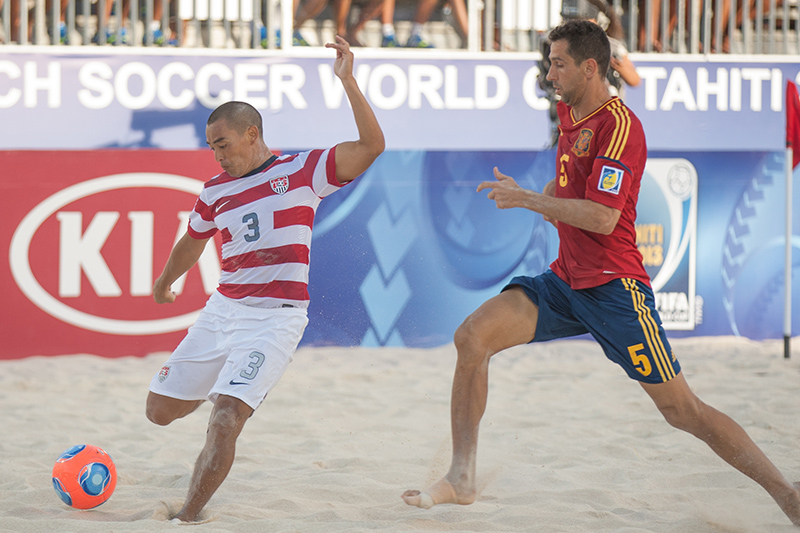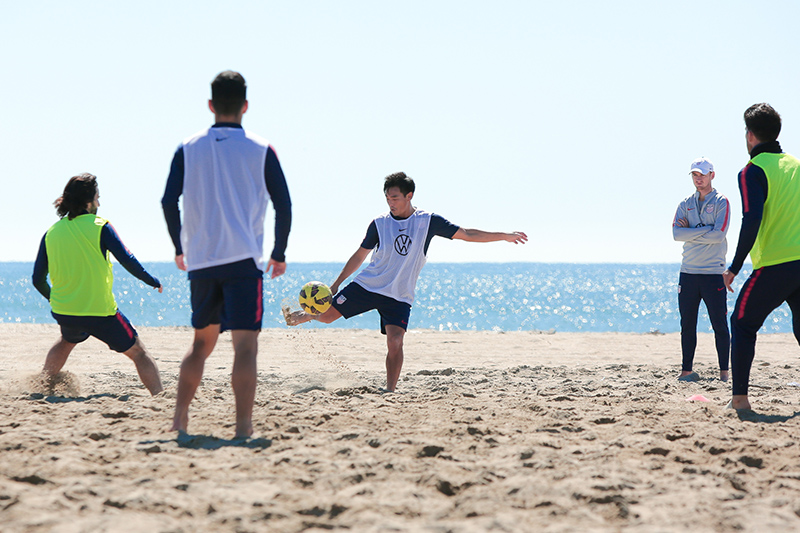Futagaki Still Donning the Crest 20 Years Later




The U.S. Under-20 Men’s National Team that took on England, Japan, Cameroon and Spain at the 1999 FIFA World Youth Championship in Nigeria was loaded.
Five players went on to represent the USA at FIFA World Cups: Chris Albright, Carlos Bocanegra, Tim Howard, Steve Cherundolo, and Nick Rimando, while Cory Gibbs was originally named to the 2006 FIFA World Cup squad before suffering an injury. It also included guys who would have solid pro careers, like Danny Califf, Nick Garcia, Rusty Pierce, John Thorrington and Taylor Twellman.
Fast-forward 20 years, and three players from that team are still active: goalkeepers Howard and Rimando – who have announced they will retire this year – and….midfielder Ryan Futagaki.
With little fanfare, ‘Futo’, as he’s affectionately known, actually became the sixth player from that team to represent the USA at a senior FIFA World Cup. If you haven’t been following, the 39-year-old is now a veteran of six U.S. Beach Soccer National Team cycles. He became the first American to have scored in a FIFA U-20 World Cup and a FIFA Beach Soccer World Cup in 2013 when he registered the USA’s first goal on sand against Spain in Tahiti.
And he’s not done wearing the crest.
It’s a pretty remarkable feat for someone who nearly quit soccer when life handed his family more heartache while he was at UCLA.
==========
Ryan was your typical Southern California kid. Growing up in Huntington Beach, he enjoyed the sun, sand, surfing, skateboarding and soccer.
But as fourth-generation Japanese-American, he was also aware of their family’s suffered past. By the 1940s both sets of grandparents had been well established in Southern California. Born in the States and with a proud Japanese heritage, they owned farms and other property in between Los Angeles and San Diego. But their lives changed in a blink of an eye by an unimaginable act.
There are other sites where one can read about the Japanese internment camps that were established during World War II. In short, the U.S. government ordered that Japanese descendants be relocated to isolated detention camps. Ryan’s grandparents were moved to one in a remote area in Arizona.
Theirs is a story of perseverance, and that is a value that has been at the forefront of Ryan’s life and career.
“I come from a very strong family,” Futagaki told ussoccer.com. “Life is about overcoming things. My dad and mom instilled that in me – you work your ass off, you put the effort in, you never quit and you will succeed.”
A small-framed Ryan had progressed onto the Youth National Team scene. And after not making the 1997 FIFA U-17 World Cup team, he caught the attention of the late Sigi Schmid, who brought the 5-7 midfielder to his UCLA squad.
“Sigi was one of my biggest mentors,” Futagaki said. “He not only built me as a soccer player but also as a person. He taught me a lot and really took me under his wings.”
Sigi was then coaching the U-20 MNT and included Ryan on the roster for the 1999 FIFA World Youth Championship in Nigeria.
“That was a very special team,” Ryan recalled, fondly. “Everyone knew their roles and we had great leaders. Steve Cherundolo was an absolute rock, a leader on and off the field and the best professional I’ve ever known.”
After defeating England in the opener, Futagaki’s personal highlight came in the team’s second group match when he scored the USA’s lone goal in a 3-1 loss to Japan.
The team got out of the group stage and gave eventual winners Spain a run for their money in the Round of 16 before falling, 3-2.
He was also called up by another U.S. Soccer coach legend, the late Clive Charles, for the U-23 team at the Pan American Games, helping the USA claim the bronze medal.
“I loved every bit of it,” he added. “That pride in wearing the crest. When I put it on and crossed that line, it was everything.”
His success was perhaps more uplifting to his family than even for himself. Years earlier his father, Arnie – Ryan’s biggest fan – had been diagnosed with ALS.
And with his father’s condition worsening, the family was hit with the news that his mother, Shirley, had Stage 4 breast cancer.
“I contemplated quitting when mom was diagnosed,” he said, a sophomore at the time. “But my dad made me promise that I would graduate.”
Arnie passed the summer before Ryan’s final year at UCLA. He dedicated that season to his dad, and fittingly assisted in the 2002 NCAA College Cup final as UCLA capture their last men’s soccer title to date.
His mom also miraculously won. Even after open heart surgery last year, she’s still clear and healthy in 2019.
Ryan was drafted by the Chicago Fire in the later rounds of the 2003 MLS SuperDraft. He made the team and was part of the U.S. Open Cup winning side that also were MLS Cup runners up that year.
When Futagaki was waived during the following preseason, he turned to Schmid for advice.
“He told me, ‘You got to live your dream of becoming a pro, go back to college and finish,” Ryan said of his mentor’s honesty.
Ryan had missed two semesters while with the YNT, so after a year trying the indoor game, he returned to fulfill the promise he made to his dad. He graduated from UCLA in 2007 as a history major, though he would soon start a successful career in bio-tech pharmaceutical sales.
His soccer days were over.

Futo turned to running marathons and playing pick-up soccer to stay in shape when he returned to California. He would often play with former Bruins’ teammates, and even with the current squad.
One of the school’s assistant coaches at the time was Eddie Soto, who knew Futo from his days coaching high school in SoCal. Like Ryan, Soto had played for U.S. Youth National Teams and had a short pro career. He had turned to beach soccer in the sport’s infancy and was now also the head coach of the U.S. Beach Soccer National Team.
Seeing how fit Ryan was, and that he could still play, Soto suggested to Futo to give beach soccer a try.
“He’s a natural born winner, everywhere he’s gone he won.” Soto said of his reasoning. “He’s a great teammate, a great guy to have in the locker room and a fearless competitor.”
Quietly, Futo took a ball to his local beach, by himself.
“When I first started playing on sand in 2007 it was very humbling, in the sense that your legs feel like 50,000 pounds,” he said. “So with my drive, my determination – I wanted to make it because I stunk at a sport that I had done so well in before, a sport that I had played at the highest levels.”
The sand version was night and day from what he grew up playing.
“It’s completely different, and I’m still learning,” he said. “Flicking the ball up, keeping the ball in the air, all the technical skill with being unbalanced on sand. And you have to do stuff a lot faster in such a small field.”
He missed out in 2008, but the work paid off when he donned the USA colors once again at the 2009 Concacaf Beach Soccer Championship.
In 2013, the USA won the Concacaf Beach Soccer Championship for the first time since 2007, defeating El Salvador 5-4 in overtime of the final, with Futo scoring twice.
That summer, Ryan scored the USA’s first goal at the 2013 FIFA Beach Soccer World Cup in Tahiti in the Group opener against Spain.

Ryan married his long-time girlfriend Gina in 2013, and the couple moved to her hometown of Gahana, Ohio – a suburb of Columbus – to start their life together. Their kids, Max and Claire, were born there. It while it was far from any beach, he would not be deterred.
“Eddie knows that I know what it will take for me to get fit,” Ryan said. “And I know I have to get on the sand.”
While still in medical sales, Ryan became friends with owners of sports bars that had indoor sand volleyball courts. He goes there to train – working dribbling, juggling, and running on sand.
“We all know there are no beaches in Ohio, but he found a way to train on the sand,” Soto said. “He’s someone who sacrifices a lot and commits himself to something that he wants to be good at, and that’s what he did.”
He’s a fitness freak. He set a personal record for running one marathon in three hours and 17 minutes and finished the others in under four hours. In 2013, he sustained a tibia-fibula compound fracture while playing coed soccer, which opened up the window to prove once again that challenges are there to be overcome.
After the Tahiti World Cup, he and the USA failed to qualify again in 2015 or 2017. He quietly walked away from the game. For a bit.
For most of 2018, Ryan stuck around the national team by serving as the group’s equipment manager. But the drive and hunger was still there, and his wife knew it. She encouraged him to give it one more shot, so in December 2018 he began his comeback.
“Gina told me that she could see it in my eyes and said, “I know you want this.” She knows that when I’m focused and dedicated, there is nothing that can get in my way, it’s hard for me to lose focus and track.”
He runs five-to-six miles nearly every day after work, and spends four-to-five days on the make-shift beaches. Every other day he runs hills, even in snow.
“It’s all a mentality. It’s a love of the game. You get close to these stages like World Cup Qualifiers – and I don’t care if its beach soccer, futsal, para, outdoor - you are representing the United States of America. I get the chills when I talk about it. It’s such a special feeling, and to have the chance to possibly play in one more – because I know that this is probably my last year - that environment at a World Cup, it’s a whole other world.”
The 2019 Concacaf Beach Soccer Championship in Puerto Vallarta are his sixth World Cup qualifying tournament.
“He’s just such a positive person with great energy, and you need that within a team, whether on the field or in the locker room or hotel or out and about,” Soto said of his veteran. “He’s someone that holds others accountable and he leads by example.
“I’m very fortunate for what I’ve had, and very blessed to have had a good career,” Futo closed. “Soccer is soccer, and the love of the game is not going to go away. I’m fortunate that Eddie has given me this opportunity, and I’m able to keep on going with it.